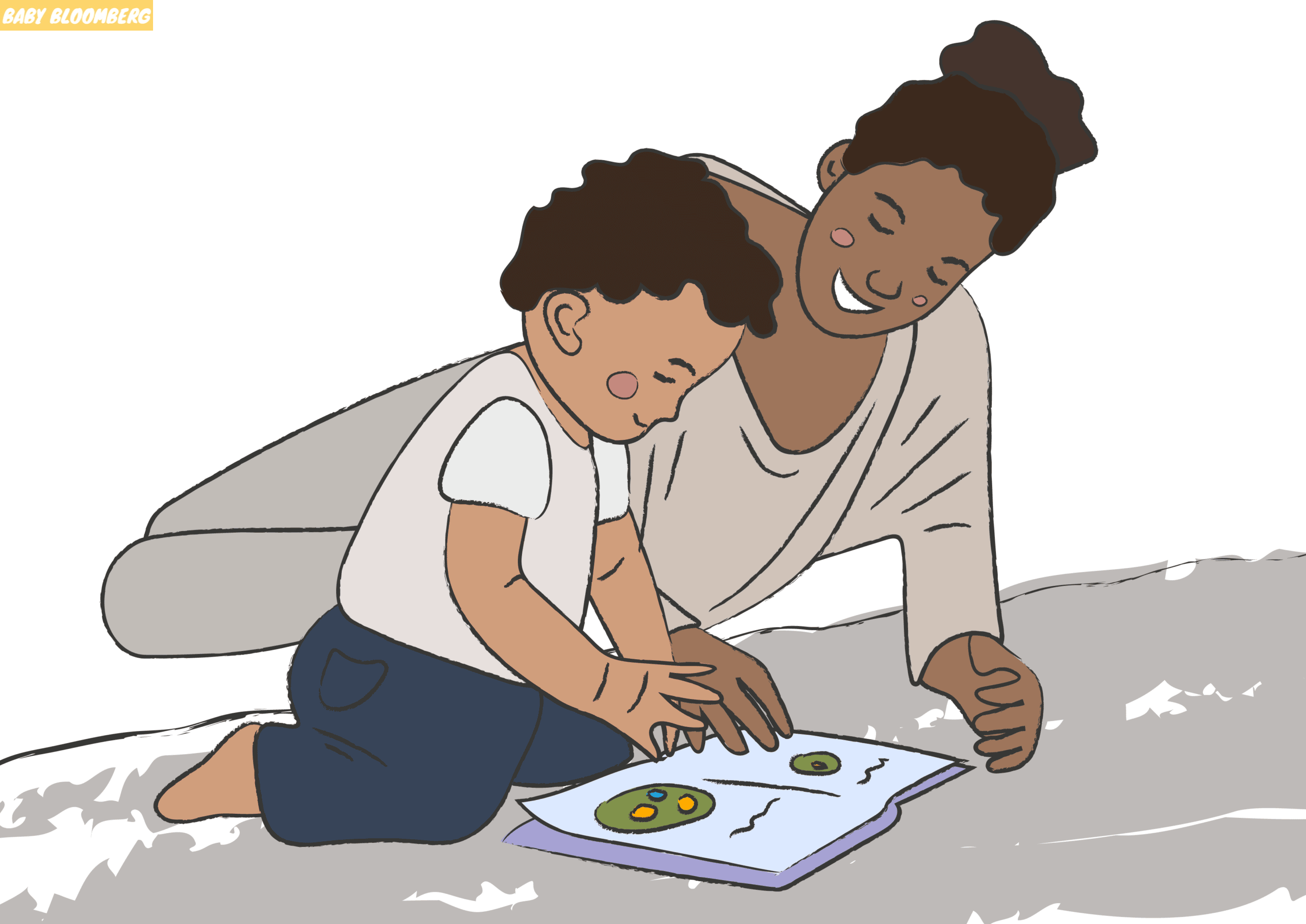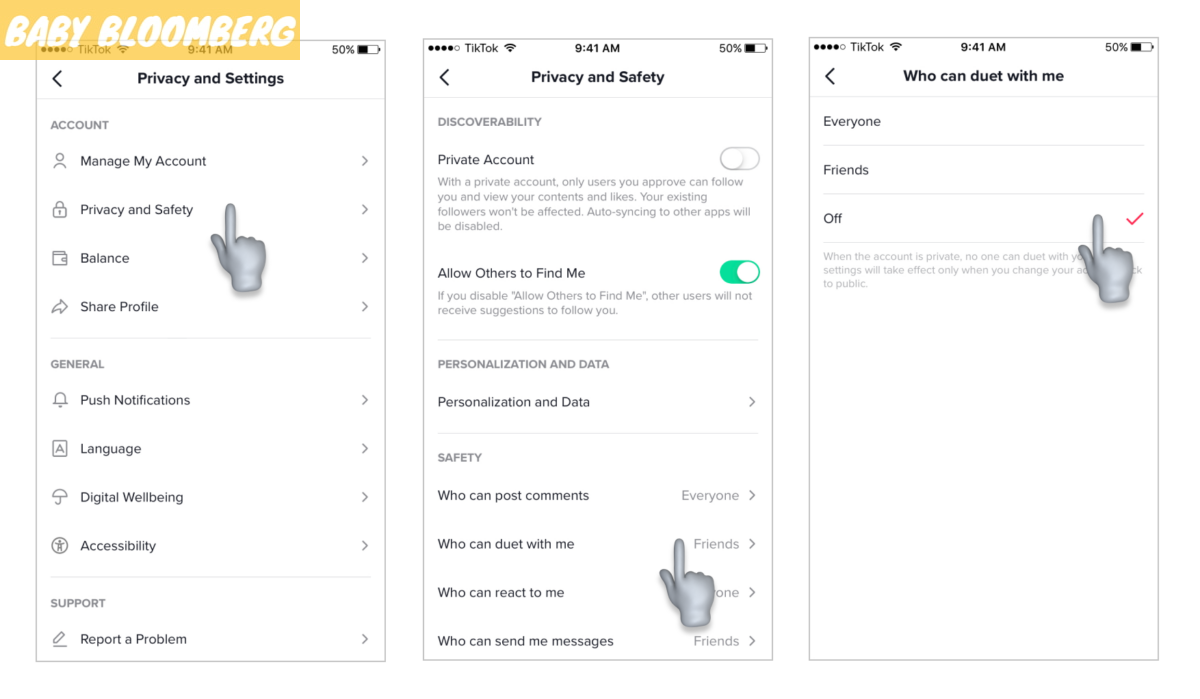Choosing the right time to start daycare for your child is a decision that many parents grapple with. While some parents opt to enroll their children at a young age, others may prefer to wait until their child is older. Determining the worst age to start daycare is a subjective matter that depends on various factors, including the child’s developmental readiness, socialization needs, and available childcare options. In this article, we will delve into the negative effects and risks associated with starting daycare at an early age, as well as discuss the impact on child development and the disadvantages of enrolling too young.
Negative Effects of Starting Daycare at an Early Age
Starting daycare at an early age can have several negative effects on children. It is important to consider these effects before making a decision about when to enroll your child. Some of the key negative effects include:
- Separation Anxiety: Younger children may find it challenging to adjust to being away from their primary caregiver. Separation anxiety is common, and it can lead to distress and emotional turmoil for both the child and the parent.
- Weakened Immune System: Younger children generally have a weaker immune system compared to older children and adults. When they are placed in a daycare setting, they are exposed to more germs, which can increase their risk of falling ill.
- Disrupted Sleep Patterns: The change in routine and environment that daycare brings can disrupt a child’s sleep patterns. This can lead to difficulties in falling asleep, frequent night waking, and overall sleep disturbances.
- Limited Individual Attention: In a daycare setting with multiple children, it can be challenging for caregivers to provide individual attention to each child. This lack of individualized care can hinder a child’s emotional and cognitive development.
- Impact on Parent-Child Bonding: Starting daycare at an early age can affect the parent-child bonding process. It may lead to feelings of guilt and stress for the parent, as they have to separate from their child at an early stage of development.
Risks of Early Daycare Enrollment
Enrolling a child in daycare at a young age carries certain risks that parents should be aware of. These risks can have long-term consequences on child development. The risks associated with early daycare enrollment include:
- Attachment Issues: Early separation from parents and primary caregivers can potentially disrupt the formation of secure attachments between children and their caregivers. This can impact the child’s emotional well-being and their ability to form healthy relationships later in life.
- Behavioral Problems: Research suggests that children who start daycare at an early age may be more prone to behavioral problems, such as aggression and defiance. These behavioral issues can persist into later childhood and adolescence if not addressed.
- Academic Challenges: Some studies indicate that children who enter daycare early may face academic challenges later on. They may have lower language and cognitive skills compared to their peers who did not attend daycare at a young age.
- Increased Stress Levels: Starting daycare at a young age can be a stressful experience for children. The unfamiliar environment, new faces, and separation from parents can lead to elevated stress levels, which can have a negative impact on their overall well-being.
Impact of Early Daycare on Child Development
The early years of a child’s life are crucial for their development. The decision to start daycare at a young age can have lasting effects on various aspects of child development. Here are some key impacts to consider:
- Social Development: Daycare provides opportunities for children to interact with peers and develop social skills. However, starting daycare at a very young age may not allow children to fully benefit from these social interactions as they may not be developmentally ready to engage with others.
- Cognitive Development: Research suggests that high-quality daycare programs can support cognitive development in children. However, starting daycare too early may hinder cognitive development as young children require more individualized attention and stimulation from caregivers.
- Emotional Development: Early daycare enrollment can impact a child’s emotional development. It may lead to increased stress and anxiety, which can hinder the development of emotional regulation and coping skills.
- Language Development: Language development is a critical aspect of child development. While daycare can provide opportunities for language exposure, starting too early may not allow children to receive the necessary one-on-one interaction required for optimal language development.
- Psychological Development: The psychological well-being of a child is influenced by their early experiences, including daycare. Starting daycare at a young age can introduce stressors that may contribute to psychological difficulties, such as anxiety and depression, later in life.
Disadvantages of Starting Daycare Too Young
Starting daycare too young can have several disadvantages that can impact both the child and the parent. These disadvantages include:
- Increased Exposure to Illnesses: Young children enrolled in daycare are more susceptible to illnesses due to the higher prevalence of germs in group settings. This can result in more frequent illnesses and increased healthcare visits.
- Financial Burden: Enrolling a child in daycare at a young age can be a significant financial burden for families. Daycare costs can add up over time, especially if the child starts at a very young age and requires care for an extended period.
- Limited Control Over the Caregiving Environment: Parents who start daycare early may have limited control and oversight over the caregiving environment. This lack of control can lead to concerns about the quality of care and the child’s safety and well-being.
- Impact on Parental Flexibility: Starting daycare at a young age may limit parental flexibility in terms of work schedules and commitments. Parents may need to adhere to strict daycare drop-off and pick-up times, which can potentially affect their professional or personal obligations.
- Potential Negative Impact on the Parent-Child Relationship: The early introduction of daycare can impact the parent-child relationship, as the child spends a significant amount of time away from their parent. This can result in feelings of guilt, stress, and a perceived loss of control over the child’s upbringing.
Consequences of Early Daycare Entry
Early daycare entry can have consequences that extend beyond the early years of a child’s life. These consequences can manifest in various ways and have lasting effects:
- Long-term Behavioral Issues: Children who start daycare at a young age and experience difficulties in adjusting to the new environment may be at a higher risk of developing long-term behavioral issues. These issues can impact their relationships, academic performance, and overall well-being.
- Social Challenges: A child who starts daycare too early may face social challenges throughout their educational journey. Difficulties in forming secure attachments and developing social skills at an early age can impact their ability to build meaningful relationships with peers.
- Academic Setbacks: Some studies suggest that starting daycare early may result in academic setbacks later in life. Children who attend daycare at a young age may have lower cognitive and language skills, putting them at a disadvantage academically.
- Emotional Instability: Early daycare entry can contribute to emotional instability in some children. Separation anxiety, stress, and difficulties in adjusting to a new environment may lead to emotional challenges that persist into later childhood and adolescence.
- Interpersonal Difficulties: A child who has not had the opportunity to develop secure attachments or strong social skills in their early years may struggle with interpersonal relationships throughout their life. This can impact their ability to form healthy relationships, maintain friendships, and navigate social situations.
Problems with Early Daycare Initiation
Early daycare initiation can present several problems that parents should consider before making a decision. These problems can affect the child’s well-being and development:
- Lack of Individualized Attention: Daycare settings with a high child-to-caregiver ratio may struggle to provide individualized attention to each child. Younger children, in particular, require more personalized care and attention to meet their unique needs.
- Risk of Illness: Young children have weaker immune systems, and placing them in a daycare environment with higher exposure to germs can significantly increase their risk of illness. Frequent illnesses can disrupt their routine, hinder their development, and cause additional stress for parents.
- Development of Dependence: Starting daycare at a very young age may contribute to the development of dependence on external caregivers. This can make the transition away from daycare more challenging as the child becomes more reliant on the daycare environment.
- Potential Negative Impact on Parental Bonding: The decision to start daycare early can affect the parent-child bonding process. Parents may experience feelings of guilt and anxiety about not being able to spend as much time with their child during these crucial early years.
- Limited Exposure to Diverse Caregivers: Starting daycare at a young age may limit a child’s exposure to a diverse range of caregivers. This diversity is important for a child’s social and emotional development, as it allows them to build relationships with different individuals who offer unique perspectives and experiences.
Challenges of Starting Daycare at a Young Age
Starting daycare at a young age presents various challenges that parents should be aware of. These challenges can impact the child’s well-being, the family dynamic, and the parents’ ability to balance work and childcare responsibilities. Some of the challenges include:
- Separation Anxiety: Young children may experience separation anxiety when starting daycare at a young age. This can make the transition period challenging for both the child and the parent.
- Communication Difficulties: Young children may not have developed robust communication skills, making it challenging for them to express their needs, concerns, or feelings in a daycare setting. This can contribute to frustration and stress for the child and caregivers.
- Adjustment Issues: Starting daycare at a young age can be a significant adjustment for a child. The new routines, environment, and expectations can be overwhelming and require a period of adaptation.
- Increased Parental Stress: Parents who start daycare early may experience increased stress and anxiety about leaving their child in someone else’s care. They may worry about their child’s well-being and if they are making the right decision.
- Conflict with Work Obligations: Balancing work obligations and the demands of daycare can be challenging for parents. Starting daycare at a young age may require more time and effort to manage logistics, such as drop-off and pick-up times, contributing to increased stress and pressure.
Drawbacks of Enrolling in Daycare Too Early
Enrolling a child in daycare too early can have several drawbacks that may not align with the child’s optimal development and well-being. Some of the drawbacks include:
- Limited Individual Attention and Stimulation: Young children require frequent individual attention and stimulation to support their development. Daycare settings with high child-to-caregiver ratios may not be able to provide the necessary level of individualized care and stimulation.
- Potential Impact on Attachment: Early separation from parents and primary caregivers can potentially disrupt the formation of secure attachments. This can impact the child’s emotional well-being, behavior, and overall development.
- Increased Exposure to Illnesses: Young children are more susceptible to illness due to their weaker immune systems. Placing them in a daycare setting with a higher prevalence of germs increases their exposure, leading to more frequent illnesses.
- Disruption of Parent-Child Bonding: Starting daycare too early can disrupt the parent-child bonding process. It may lead to feelings of guilt, stress, and a sense of missed opportunities to bond with their child during these formative years.
- Limited Parental Control and Oversight: Parents who start daycare early may have limited control and oversight over the caregiving environment. This lack of control can lead to concerns about the quality of care, safety, and the child’s well-being.
Determining the worst age to start daycare is a complex decision that depends on multiple individual factors. While there is no universally agreed-upon worst age, it is essential for parents to consider the negative effects and risks associated with starting daycare at an early age. Early daycare enrollment can have consequences on child development, including social, cognitive, emotional, and psychological impacts. It can also present challenges for both the child and the parents, affecting the parent-child relationship, parental flexibility, and financial burden. To make an informed decision, it is essential to gather insights from professionals, consult with other parents, and consider the individual needs and circumstances of the child and the family.












